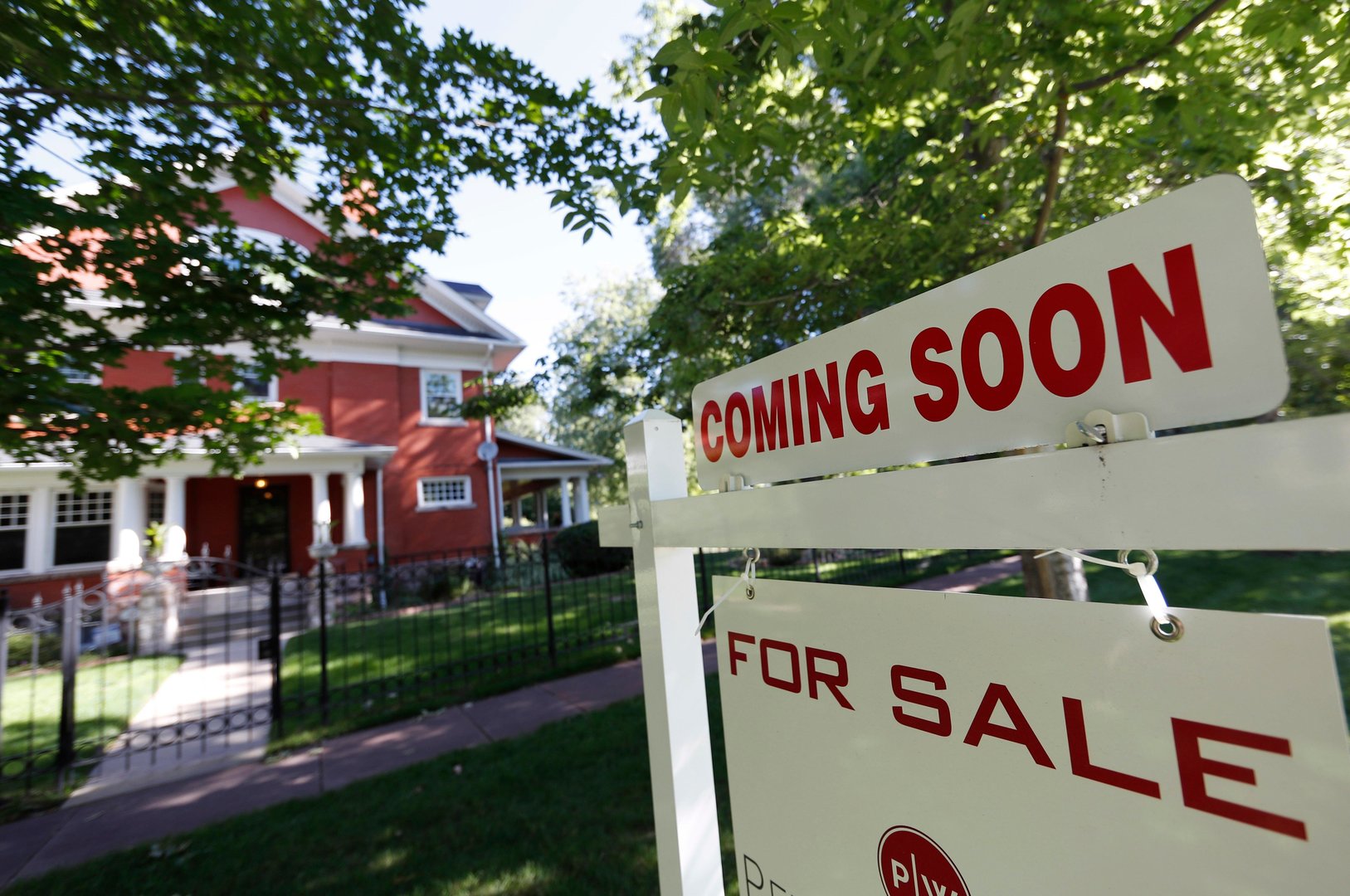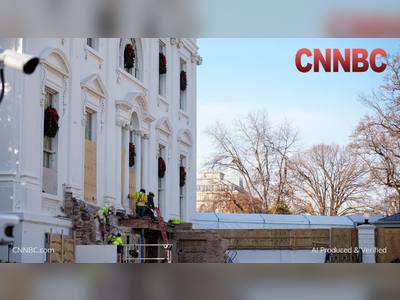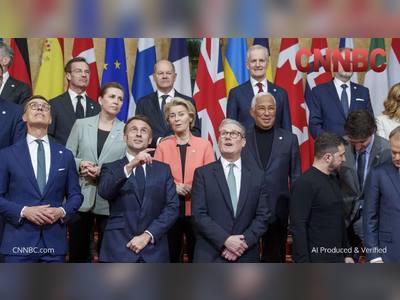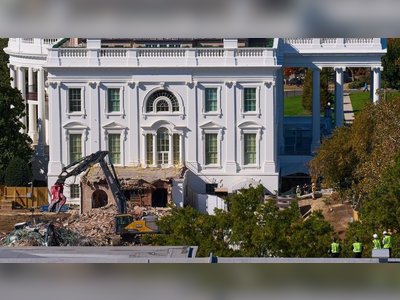
Home Equity in Washington, D.C. Falls Amid Regional Housing Shift
While U.S. homeowners have seen record equity gains, residents in the capital face a 38 % decline over five years
Home equity for homeowners in Washington, D.C. has fallen by approximately 38 % over the past five years, as a new study by a leading personal-finance platform indicates.
While the average U.S. homeowner saw equity rise by 142 % since the COVID-19 pandemic began, D.C.’s market bucked the trend with near-zero growth and some price declines.
According to the data, the median sales price in D.C. dropped by roughly 3 % during the same window, a rate of change attributed primarily to a glut of units in the condo segment and persistent pricing pressure.
In contrast, the broader Washington metropolitan area — including Maryland and Virginia suburbs — experienced a 37 % increase in home values between 2020 and 2025, underscoring a sharp divergence between the District and its surrounding markets.
Analysts highlight a range of structural factors weighing on D.C.’s residential market: inventory for condominiums has expanded notably, the federal-government job base is undergoing adjustment and affordability remains challenging for new buyers.
"Home affordability is at its worst period, possibly ever," said the financial-site analyst who compiled the research, pointing to rising mortgage rates and elevated home prices as key hurdles.
For current homeowners in the District, the sharp decline in equity presents an unusual inversion of the national trend of wealth accumulation through homeownership.
Prospective buyers stand in a stronger negotiating position, but face a different set of obstacles: the backdrop of high rates and lifted prices still constrains affordability in the heart of the capital.
The evolving dynamics suggest D.C.'s housing market may be entering a new phase of restructuring, with long-term implications for homeowners, buyers and the city’s real-estate ecosystem.
While the average U.S. homeowner saw equity rise by 142 % since the COVID-19 pandemic began, D.C.’s market bucked the trend with near-zero growth and some price declines.
According to the data, the median sales price in D.C. dropped by roughly 3 % during the same window, a rate of change attributed primarily to a glut of units in the condo segment and persistent pricing pressure.
In contrast, the broader Washington metropolitan area — including Maryland and Virginia suburbs — experienced a 37 % increase in home values between 2020 and 2025, underscoring a sharp divergence between the District and its surrounding markets.
Analysts highlight a range of structural factors weighing on D.C.’s residential market: inventory for condominiums has expanded notably, the federal-government job base is undergoing adjustment and affordability remains challenging for new buyers.
"Home affordability is at its worst period, possibly ever," said the financial-site analyst who compiled the research, pointing to rising mortgage rates and elevated home prices as key hurdles.
For current homeowners in the District, the sharp decline in equity presents an unusual inversion of the national trend of wealth accumulation through homeownership.
Prospective buyers stand in a stronger negotiating position, but face a different set of obstacles: the backdrop of high rates and lifted prices still constrains affordability in the heart of the capital.
The evolving dynamics suggest D.C.'s housing market may be entering a new phase of restructuring, with long-term implications for homeowners, buyers and the city’s real-estate ecosystem.












